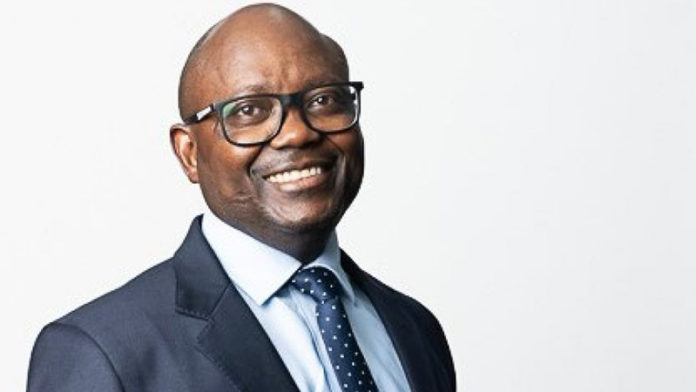
WESCOAL CEO, Reginald Demana, is holding on to to his strategic expansion ambitions despite the group’s cash-strapped position which has forced it to restructure its debt and implement group-wide retrenchments.
Reporting interim results for the six months to end-September, Demana confirmed the group’s bankers had agreed to waive debt capital repayments for the next two quarters which “will relieve cash flow pressure for the next half-year”.
On the face of it, Wescoal’s financial position did not look that bad – according to the numbers published as of end-September – but the group is facing a looming liquidity crunch.
Revenues held steady at R2.1bn on the back of which Wescoal reported interim gross profits of R251.9m (six months to end-September 2019: R195.4m) and got back into the black with a net profit of R10.8m (-R50.5m).
Net debt dipped to R1.1bn (R1.2bn) while cash and cash equivalents rose to R205.4m (R132.6m), but this was due to the late receipt of funds “from a major customer” relating to the previous financial year, but only paid at the beginning of the current interim period.
Problems for Wescoal are that cash locked up in working capital has doubled during the six months. This is follows a jump in coal inventories that have built up because of lower demand from principal customer Eskom while the group is also committed to on-going heavy capital expenditure.
Wescoal spent R251m on capex in the six months to end-September and faces further investments of R140m into the Moabsvelden mine as well as between R70m and R100m on the first phase of restarting mining operations at Arnot .
Coal stockpiles on the group’s mines had soared from R131m at the last financial year-end on March 31 to R286.7m by end-September.
Demana said he hoped to reduce those stockpiles through sales during December when the mining operations shut down and also by exploring “opportunities to increase the supply of coal into other markets”.
He added Wescoal was looking at the disposal of non-core assets which included the sale of the Leeuw Braakfontein Colliery as well as bringing “third party investors” as partners into some of the group’s projects.
Asked on a conference call how realistic he was being in his M&A ambitions given Wescoal’s financial position, Demana conceded that “… obviously, we are not in a position where we can use our balance sheet to make any acquisition and I am sure our lenders would not necessarily approve of such”.
But he added there were alternative ways of structuring transactions. “These include pre-payments for coal bringing in traders to partner with us.
“I am sure we will find clever ways of structuring anything we look at to the extent that opportunities are available in the market.”











